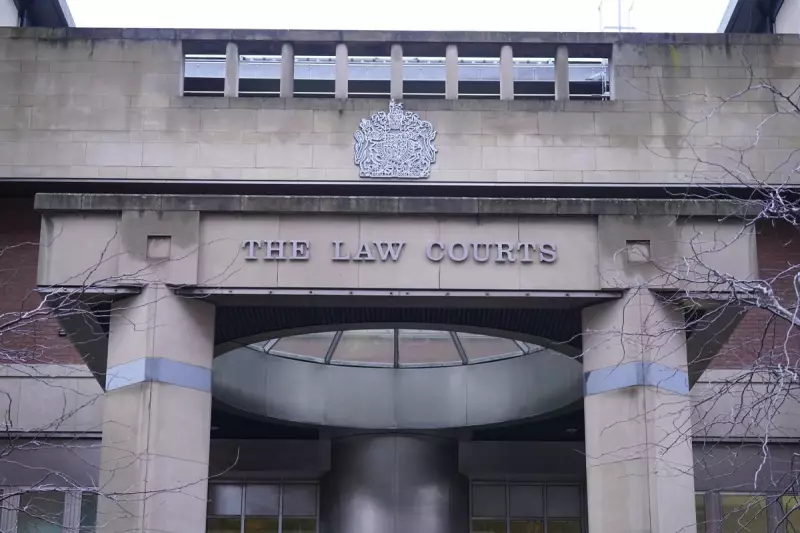
A former police officer who shamelessly exploited his position to pursue a sexual relationship with a vulnerable woman has been handed a significant prison sentence.
Stuart Trentham, 34, a disgraced ex-PC from Greater Manchester Police, was sentenced to six years and eight months imprisonment at Liverpool Crown Court after being found guilty of misconduct in public office and sexual activity with a person in custody.
Betrayal of Trust and Authority
The court heard how Trentham first encountered the victim, a woman in a clearly vulnerable state, during the course of his professional duties. Rather than providing the protection and support expected of an officer, he cynically manipulated the situation for his own gratification.
He engaged in sexual activity with the woman, committing a profound breach of the trust placed in him by the public and a gross violation of his sworn oath.
Force Condemns 'Despicable' Actions
Detective Chief Inspector John Robb of GMP's Professional Standards Branch delivered a damning assessment of Trentham's conduct. He stated that the former officer's "actions were a despicable abuse of his position" and that he had "preyed on a vulnerable woman, exploiting her circumstances for his own sexual gratification."
DCI Robb emphasised that Trentham's behaviour "fell drastically below the standards we and the public expect" and that his imprisonment should serve as a clear message that such corrupt conduct will be met with the full force of the law.
A Force's Response to Corruption
The case has been met with widespread condemnation, highlighting the severe damage caused when those sworn to uphold the law become perpetrators themselves. Greater Manchester Police moved swiftly to suspend Trentham upon the initial allegations and subsequently dismissed him following a gross misconduct hearing prior to the criminal trial.
The sentencing is seen as a crucial step in upholding police accountability and demonstrating that no individual is above the law, especially those entrusted with its enforcement.





